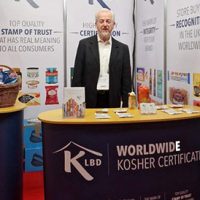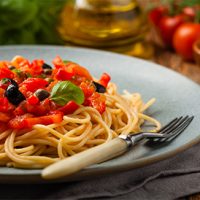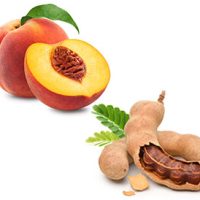The Natural & Organics Show (NOPEX) will be taking centre stage once more at…

Latest Developments in Food Technology 2020
Welcome to the fast-moving world of food technology and the raft of exciting innovations which look set to grab your attention in 2020. Ernst and Young’s Rob Holston recently wrote in Food Navigator that the rise of healthy, sustainable and personalised products will continue to feature prominently, with particular emphasis on plant based products, packaging, blockchain and a ‘war on sugar’ in the year ahead.
Big technological advances in the restaurant sector can already be seen, with digital ordering systems and voice technology already commonplace at fast food chains, whilst robotic systems are revolutionising kitchen automation, if not yet threatening the culinary skills of human chefs. A company leading the way in robotic systems is LG Electronics whose serving robot at a Seoul restaurant is called CLOi Serve-Bot and can multi-task by carrying four trays of piping hot food at a time without spilling a drop, excuse itself when passing obstacles and alert people of its presence by playing music.
In the US, Byte Technology continues to install and expand its network of ground-breaking kiosks in workplaces, hospitals, hotels and other settings, so that users can conveniently access fresh refrigerated meals, snacks and drinks around the clock. Byte delivers and stocks the highest quality local food to its kiosk locations on a daily basis and, once a credit card has been swiped to open the door, smart technology recognises what items have been removed from each kiosk and charges the user accordingly.
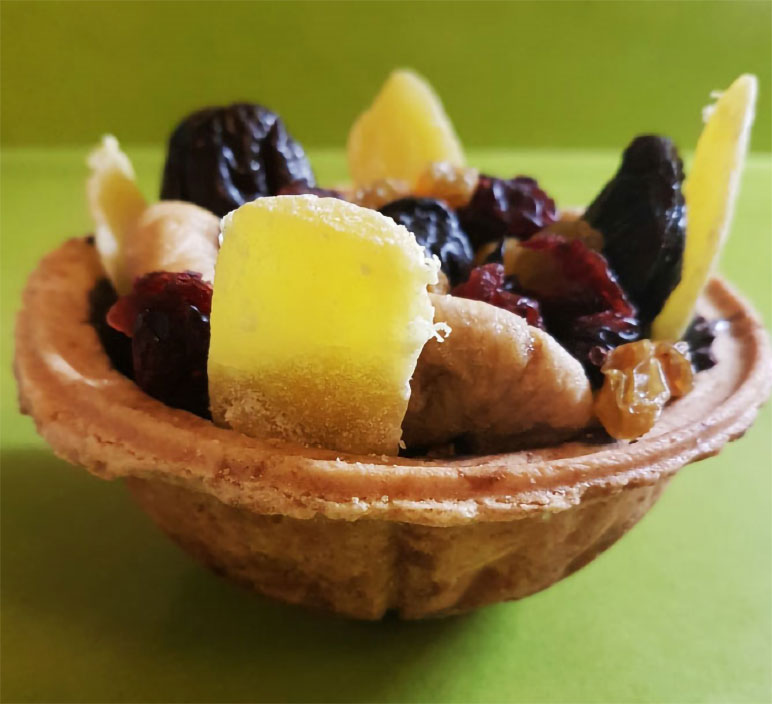
The ultimate development in environmentally friendly products must be tableware which can be eaten once the contents have been served, rather than dispose of the packaging. This is the initiative of Israeli start-up Incredibowl which has devised an amazing range of edible tableware products including edible salty bowls, edible sweet bowls and edible shot glasses in a variety of flavours branded as ‘starcup’. Founder Adi Pollack, who formed the company in 2017, explained: “Our made-in-Israel products are tasty, fun, sturdy and suitable for various kinds of food and beverages. They reduce the consumption of single-use plastics as well as the need for washing dishes.”
Another stand out Israeli biotech company is Maolac branded as ‘ the next generation of healthy products’ and whose founder, Maya Ashkenazi, is listed in ‘Forbes Israel under 30 for 2020’ entrepreneur category. Maolac produces immunity boosting ingredients derived from animal colostrum, a vital source of nutrients from milky fluids released by mammals in the first few days after giving birth. Maolac is a name to watch in 2020 for its unique capacity to strengthen the immune system of infants, adults, senior citizens, livestock and pets and provide them with active and targeted immunological response against disease.
French company Castalie Water‘s commitment to addressing environmental and packaging concerns has resulted in a ‘zero kilometer’ and ‘zero plastic’ solution for transporting bottled water hundreds of kilometers from the point of source to the place of consumption. Castalie produces a variety of sparkling, temperate or hot micro-filtered water fountains for restaurants and other users. Personalised branding for bottled water is also available upon request. As all Castalie’s bottles are made from glass it has saved the need for a massive twenty-four million plastic bottles being used in 2019.
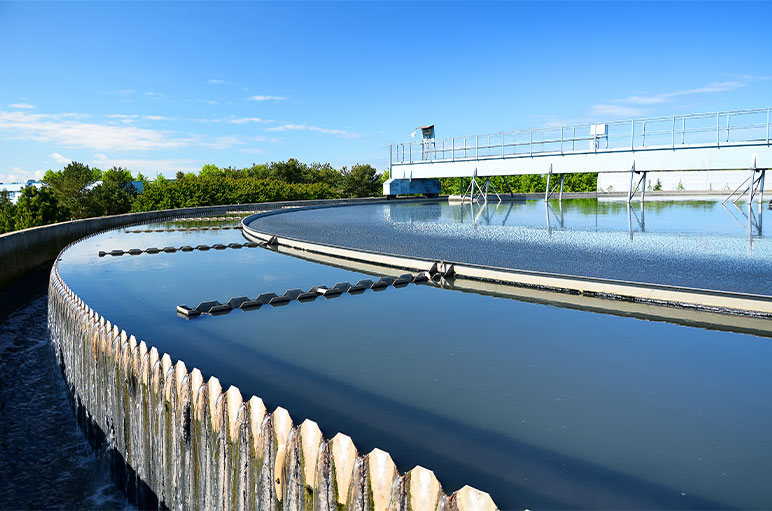
A belief that access to clean water is a fundamental human right for people of all nations has inspired Berlin based company, Boreal Light GmbH to develop a water system that can be connected to existing sources in countries where water may be contaminated and too expensive to be treated. Boreal Light GmbH delivers quality drinking, irrigation, fish farm and sanitization water from any kind of high saline and polluted water resources in order to provide the population with an affordable water supply. Last October Boreal was selected as the prestigious Berlin, National and People’s Choice winner of the ‘KfW Award Grunden 2019’.
Crossing continents to Chile in South America, the Not Company (NotCo) has succeeded in replicating animal based food using only plant based products and deservedly received industry prizes for its visionary approach to plant-based food production. Greek yoghurt, milk, cheese are just some of the delicious items said to taste similar, if not better, than their animal based equivalents. An accomplished team of biochemists, physicists, food engineers and computer scientists combine their expertise to achieve these amazing results and, as co-founder Pablo Zamoro, explains: ‘What we are looking for is to generate a plant-based diet, but that has the same characteristics and properties for people who have historically consumed a diet with an animal presence and we do it through science and with our own technology’.
Editors from the Institute of Food Technology have also been making predictions for 2020. These include the use of ‘clean’ materials for packaging, proven to not contain allergens and contaminants, as well as new ‘waste to worth’ processing technologies to convert food waste into value added food and ingredients.


